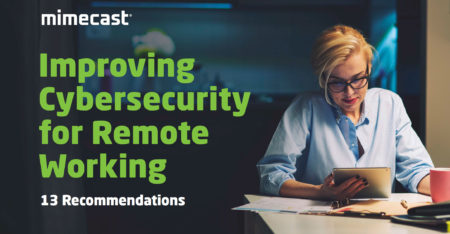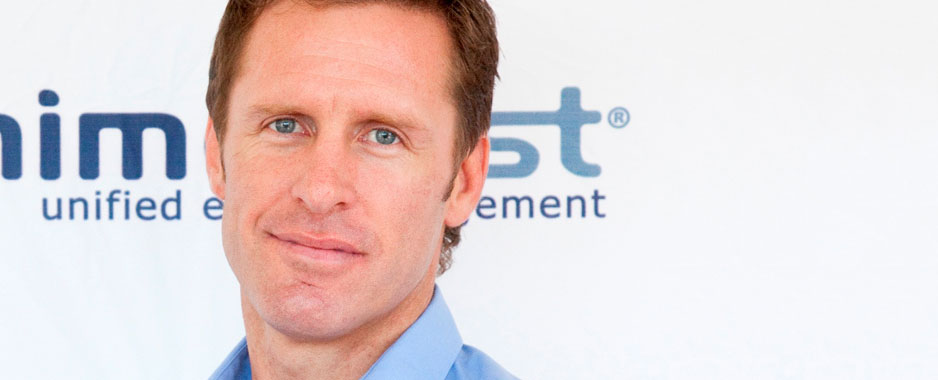South African organisations are growing wary of criminals exploiting their brands to target their customers, partners or the general public, according to Mimecast.
Browsing: Mimecast
Promoted | Amid the Covid-19 pandemic, malicious e-mail-based attacks have increased dramatically, and on the Web, where fake websites are being spun up at an alarming rate.
Promoted | Many organisations are in the middle of a work from home trial by fire. What are the security implications of this abrupt change? And how can the experience be made seamless and secure?
Promoted | Brian Pinnock, director of sales engineering in the Middle East & Africa at Mimecast, joins TechCentral for a wide-ranging discussion on the security implications of the Covid-19 lockdown.
Thank you for listening to the TechCentral podcast. In this episode, Duncan McLeod talks to the regional MD of Mimecast, Brandon Bekker. Many TechCentral podcast listeners will no doubt have heard of Mimecast, which specialises
Everyone is aware of South African IT success stories Dimension Data and Datatec, both which are now multibillion-dollar businesses serving clients in markets across the world. Now another technology company
Twenty years ago, on 11 March 1992, Nathaniel Borenstein sent the world’s first e-mail attachment. Although it created little excitement beyond the small group of people involved with the project, today Multipurpose Internet Mail Extensions technology (Mime, for short) is used an estimated trillion times a day
Open-source software, where software code is open to inspection by anyone, is inherently more secure than proprietary software developed by companies like Microsoft. That’s the view of Nathaniel Borenstein
Scarcely a year goes by without someone making radical predictions about the future of e-mail. Only a few have even been right. Facebook has reopened the topic with predictions of how the new Facebook
The Internet is quietly being replumbed. That shouldn’t surprise anyone involved with it; the Internet is always being replumbed. But you might be more surprised to learn that the next few years will bring an unusual burst of changes in that plumbing, some with great potential consequences for anyone who relies on the Net. By its plumbing, I’m referring to the protocols and software that make the core features of the Internet work. These have been evolving steadily since 1969, but I don’t think any period since the early 1980s has experienced as much change as we’ll see over the next few years.









